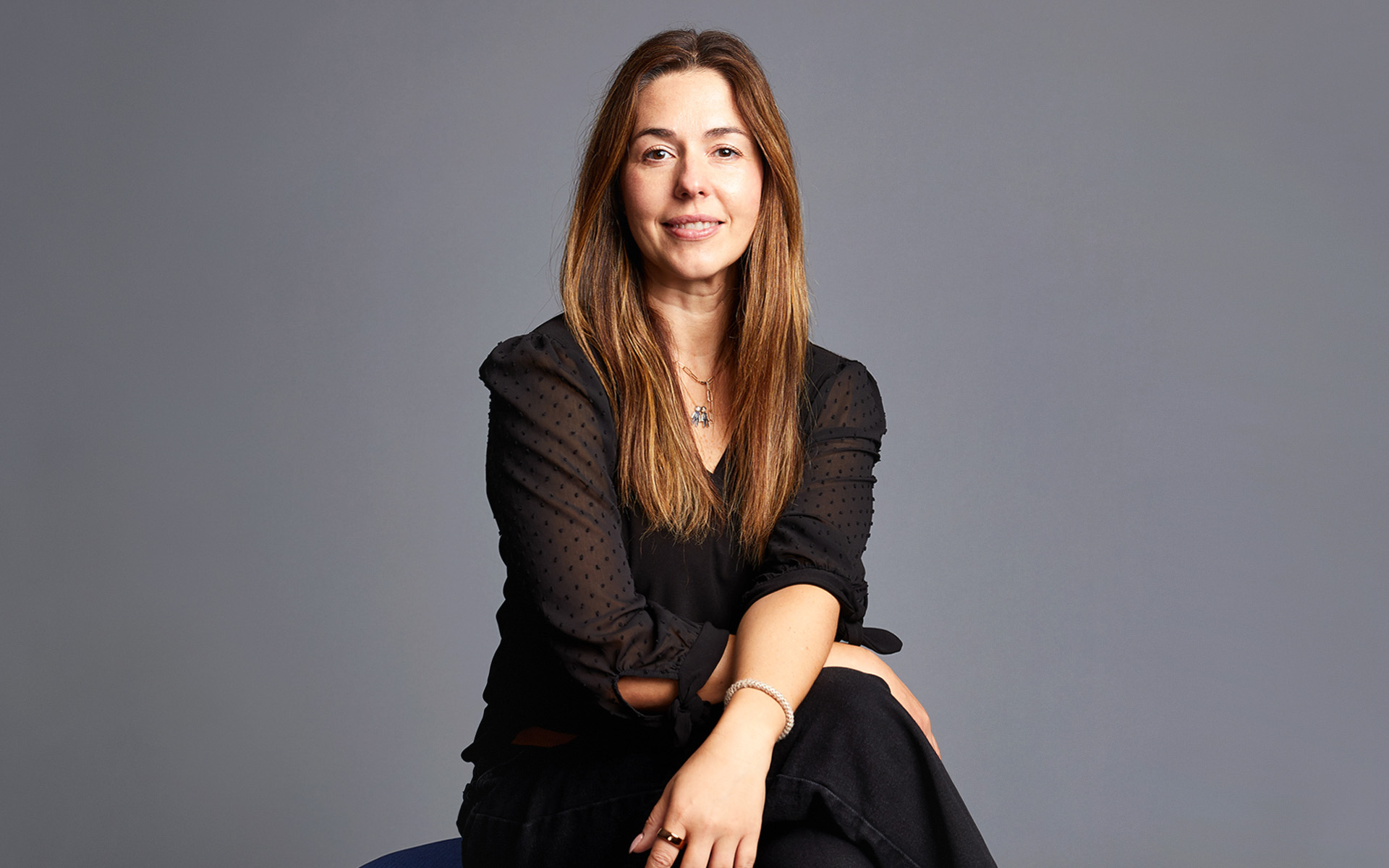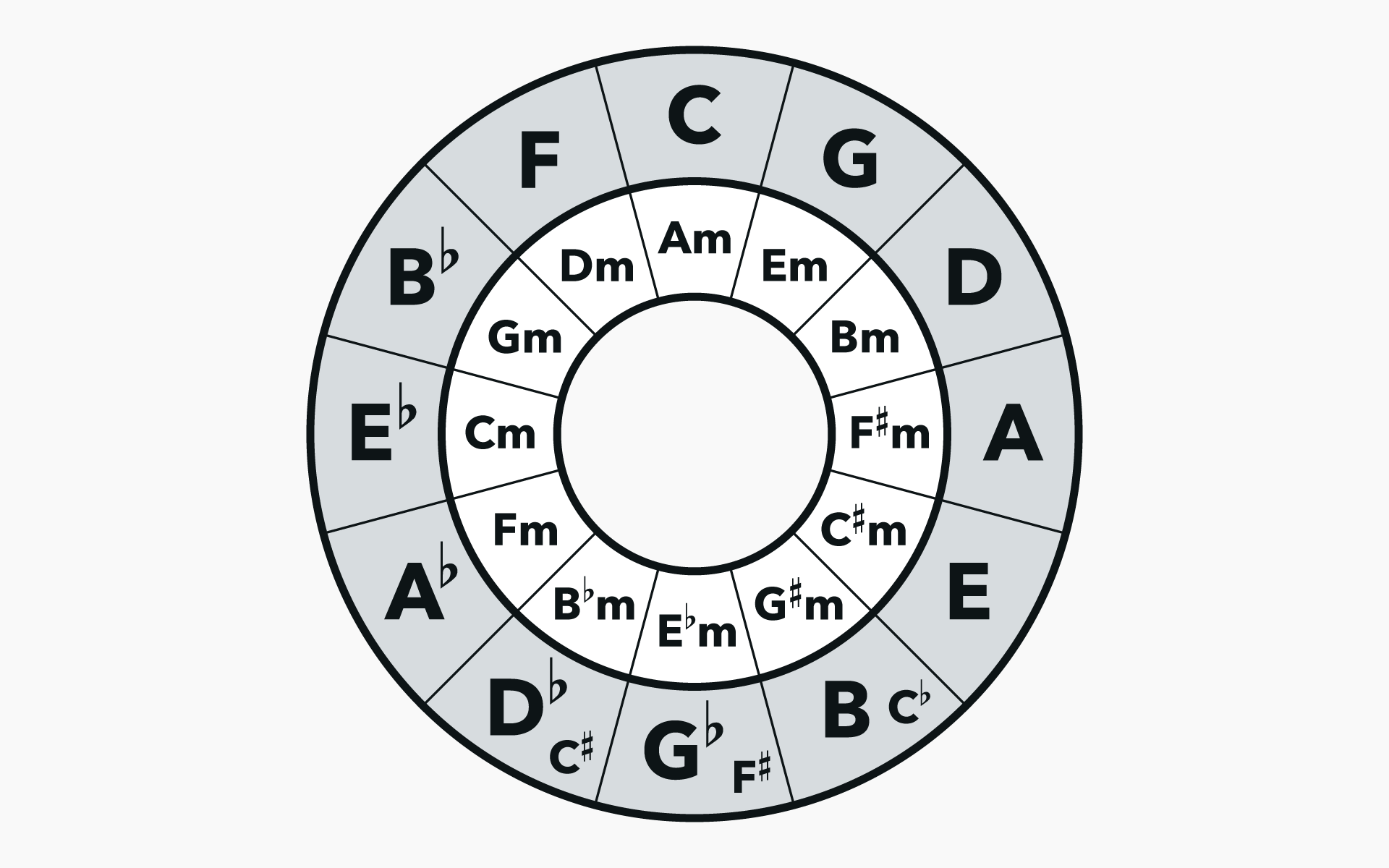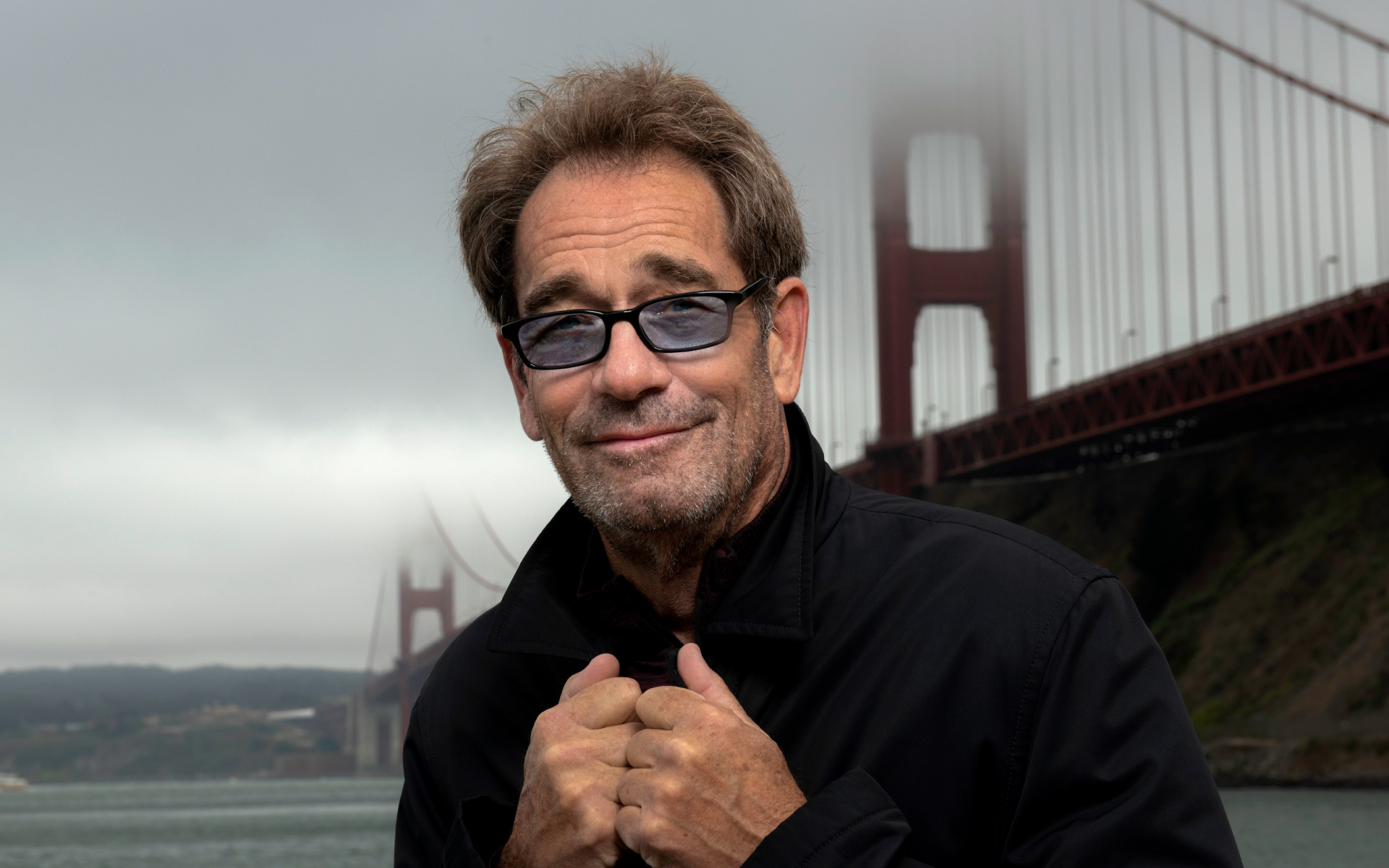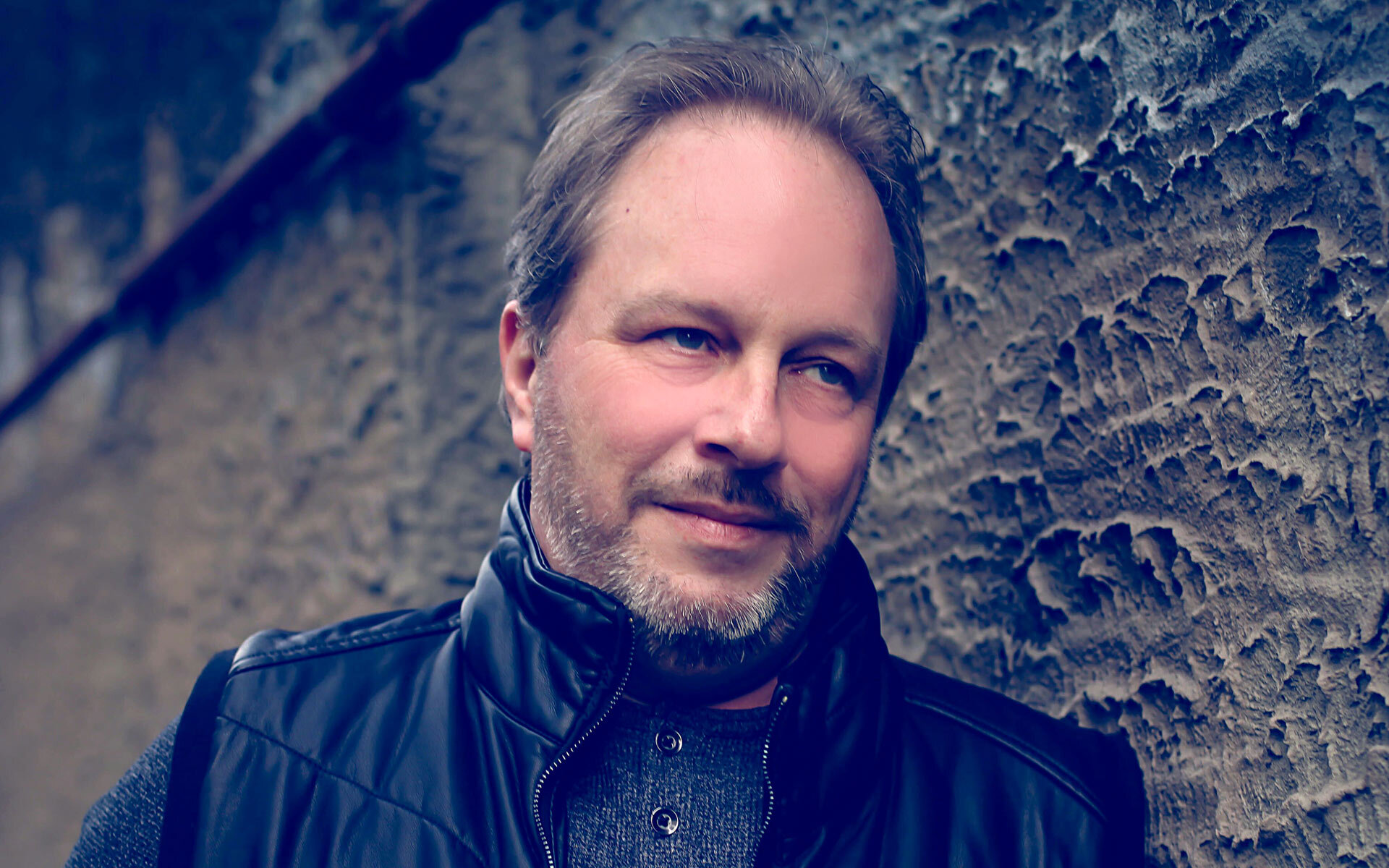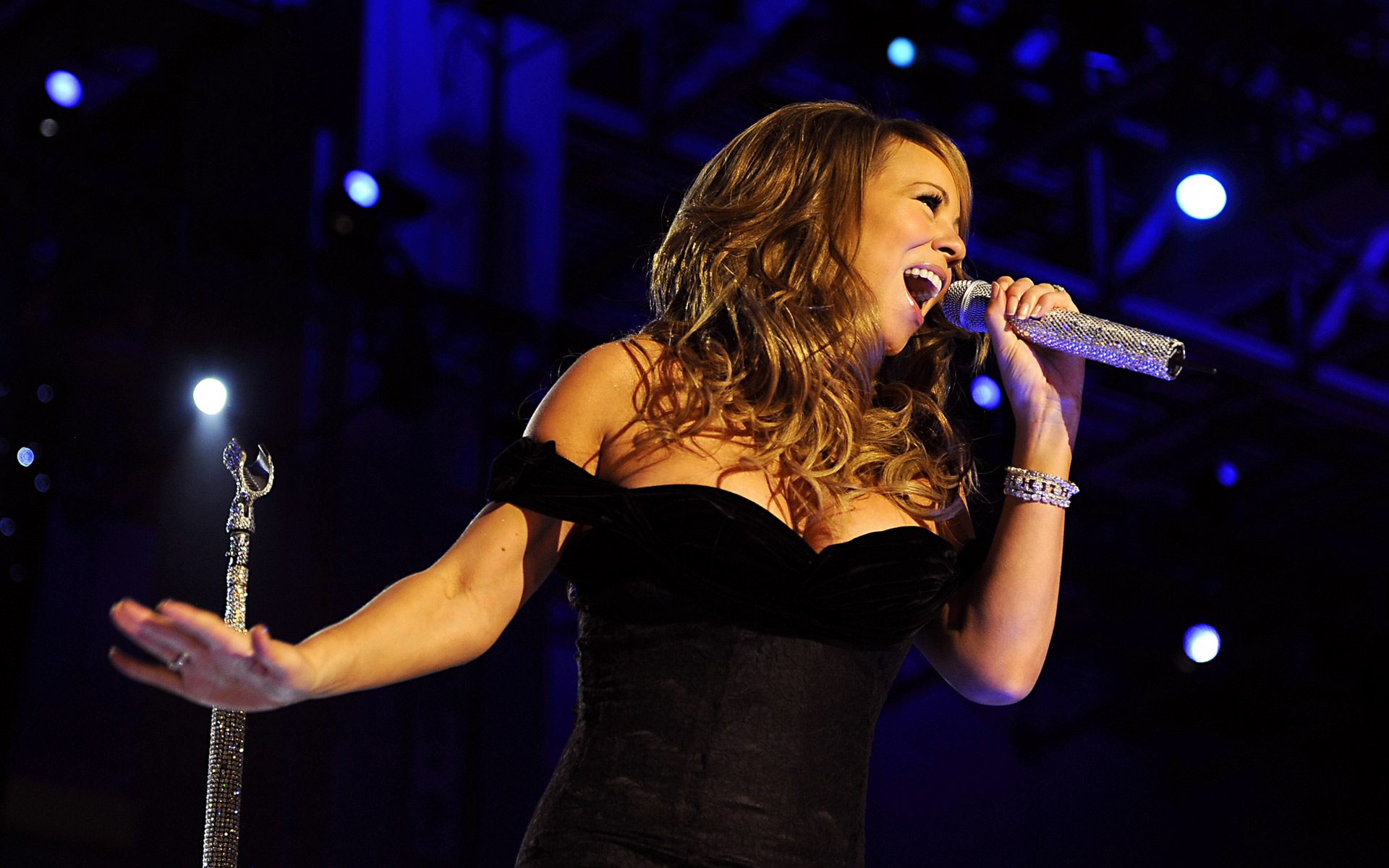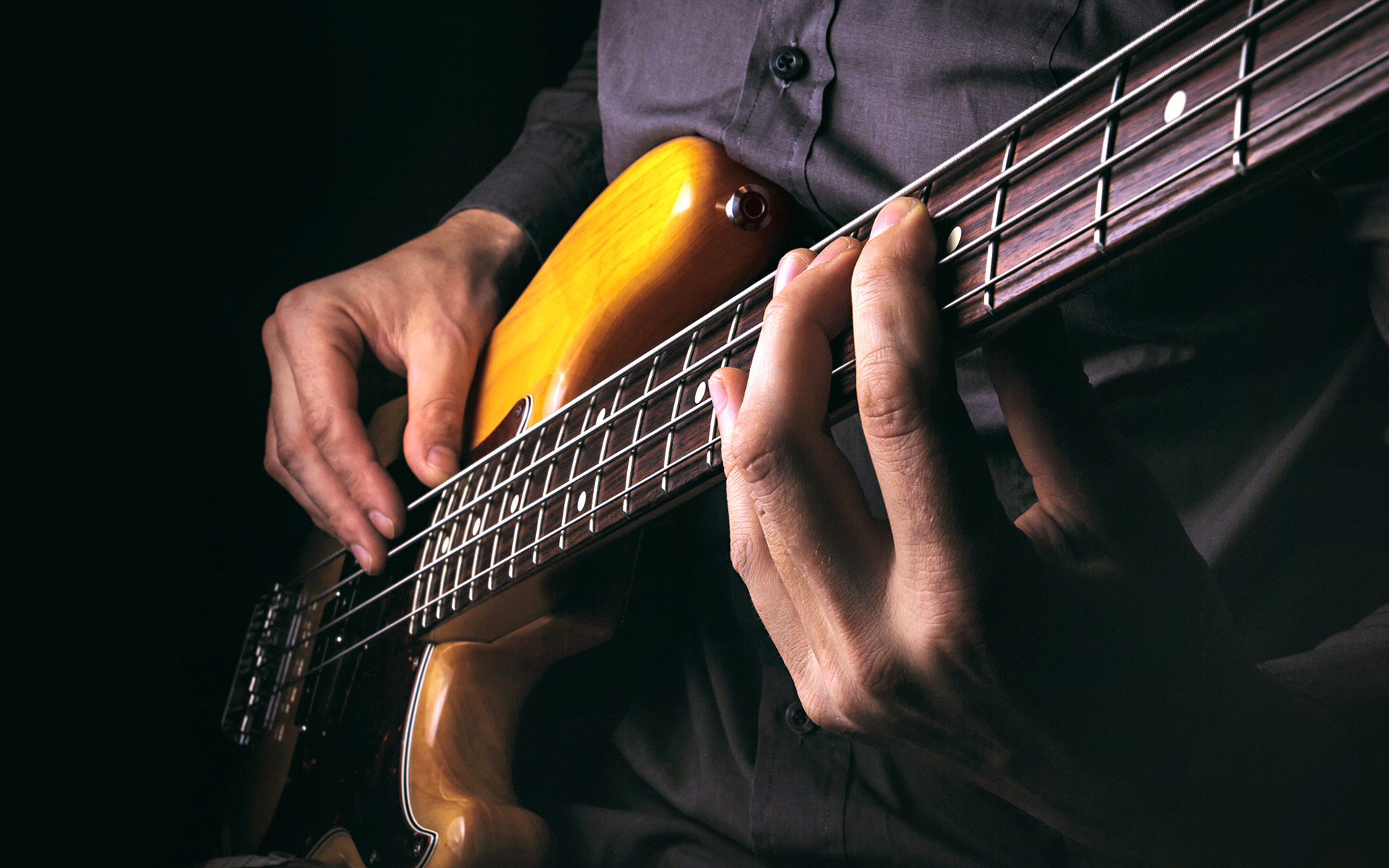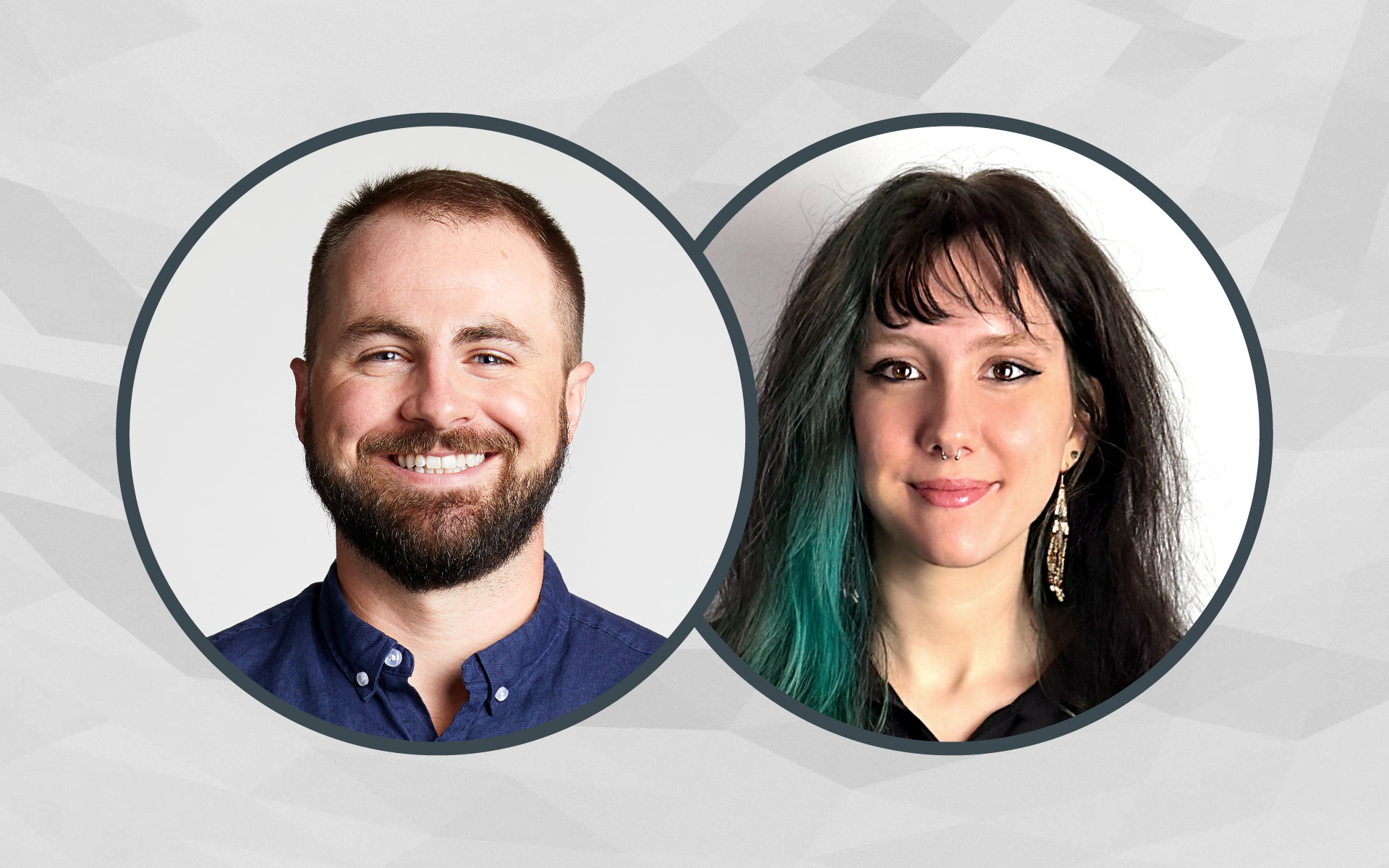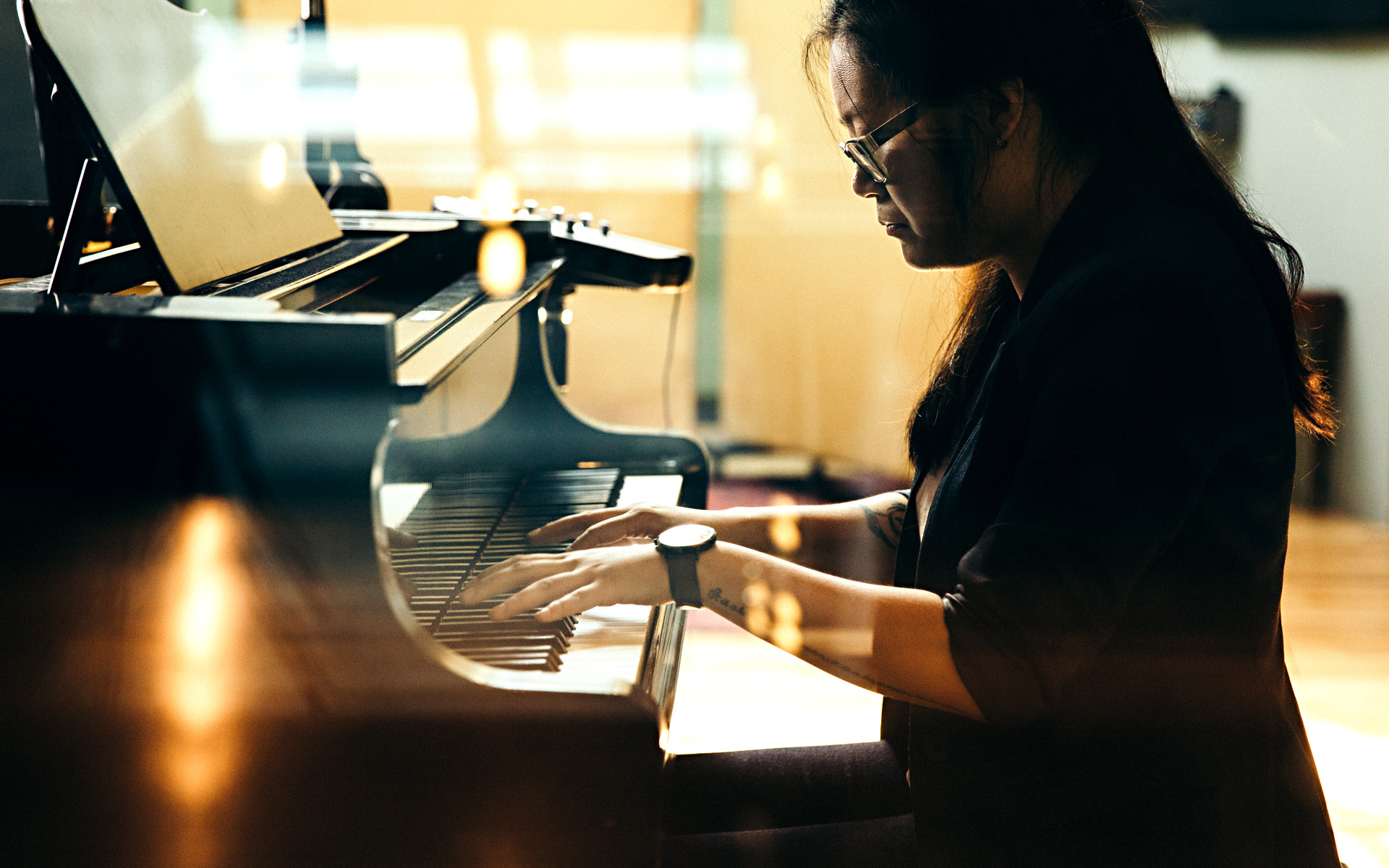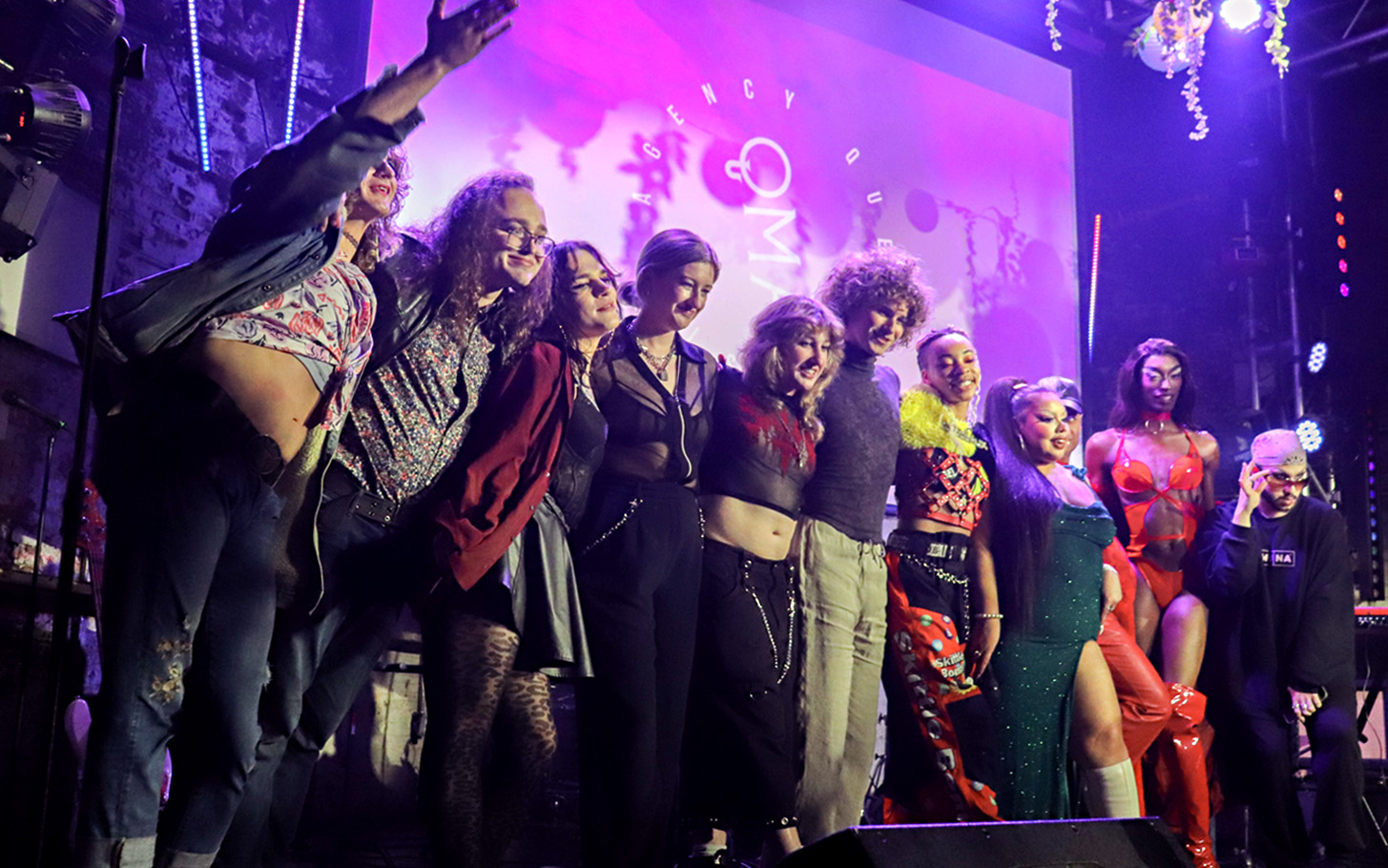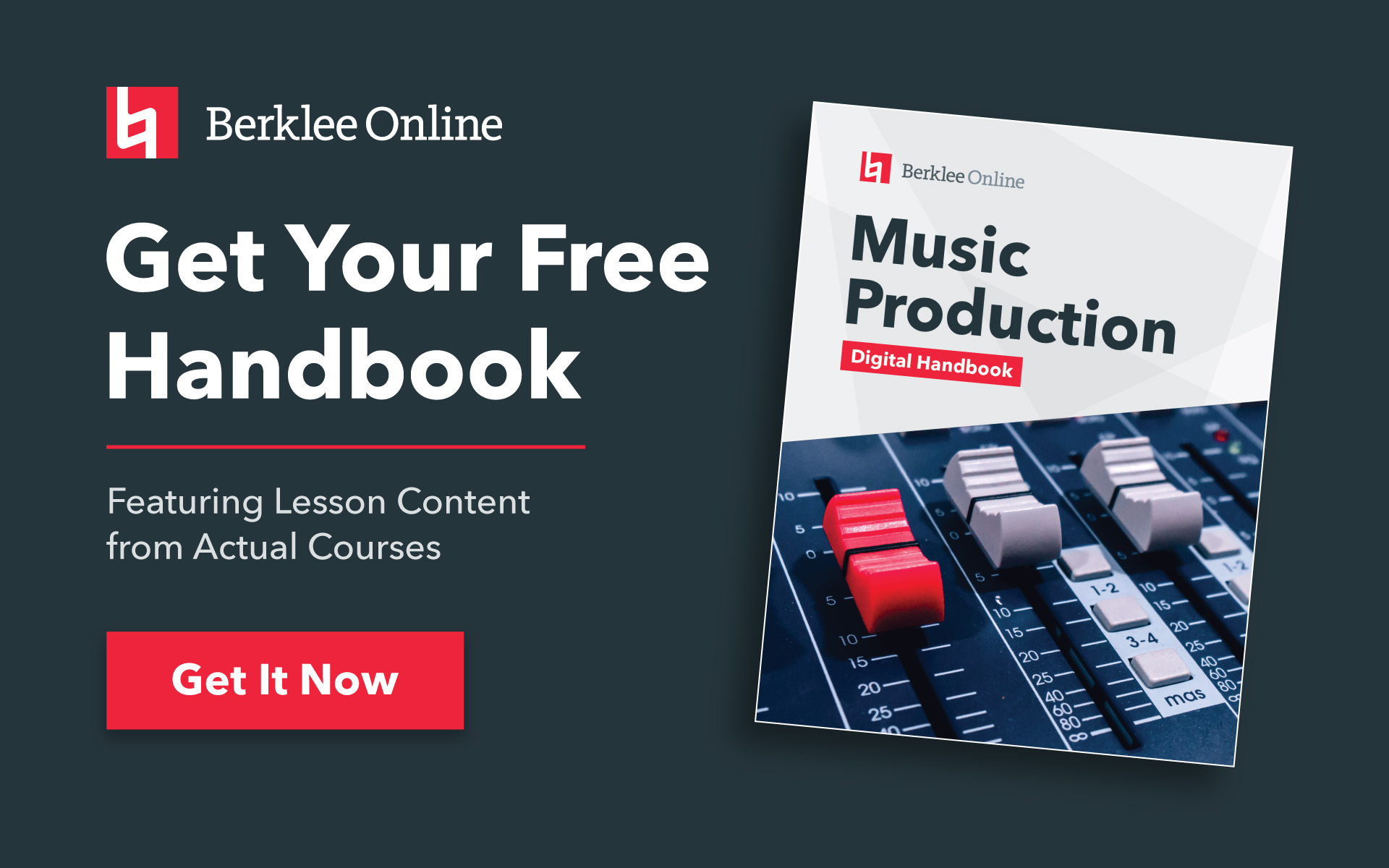Askland Discusses Live Music Production, Berklee Online, and Empathy
Conrad Askland first became aware of Cirque du Soleil more than 25 years ago, when he saw a CD in a store with strange cover art.
“I fell in love with that album,” he says of the Allegria soundtrack. “It’s the only CD I played in my car for over a year. I went through three copies of the same soundtrack.”
Since then, Conrad graduated from Berklee Online’s undergraduate program and became the music director for Cirque du Soleil’s Crystal—an innovative and first-time acrobatic musical performance on ice. This conversation illuminates Conrad’s ability to integrate both live instrumentation with the art and science of music technology through Ableton Live for Crystal—as well as other Cirque shows.
Based in Seattle, Conrad is also known for the creation of Pray the Gay Away, a musical he reflects on as a controversial yet necessary body of art for any local community to engage with. He expresses a burning curiosity to explore how to best impact social change through art and music with the goal to lead with empathy.
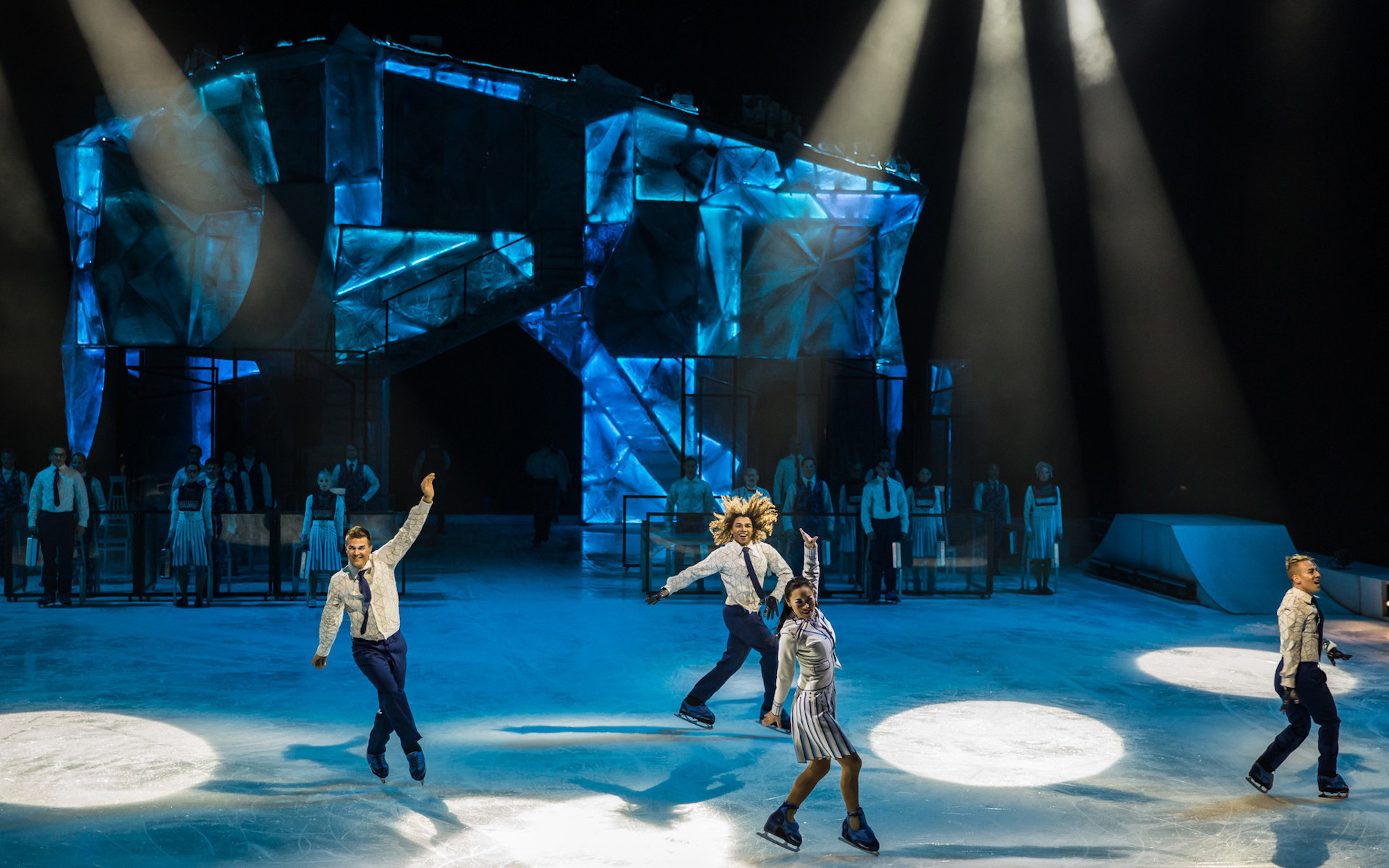
You’ve worked on a number of Cirque du Soleil shows. When did you first become aware of Cirque du Soleil?
Conrad Askland: I first became aware of Cirque du Soleil around 1995. I was browsing a CD store, a compact disc store, and I saw this album cover. It said Allegria and had a strange face and on the back [with] musicians and Renaissance masks. I thought, “What is this?” I’d never heard of Cirque du Soleil and I thought that the music was amazing. … Around 2001, I saw Mystère. That was the first Cirque show that I saw live. I remember I went there with my mother and sister; my mother said, “What did you think?” I said to her, “That’s art. What those people are doing, that is true art.” I was so blown away. …
What instruments do you play as a band leader?
Conrad Askland: In my current role, I play keyboards and accordion, and then I also do all the Ableton Live editing. When you say “keyboards,” depending on the show you’re doing, that can be any number of different styles of piano. It could be a harpsichord. It could be pipe organ, and it could be synth sounds, orchestral sounds. In Crystal, it’s straight piano.
What was the first Cirque show that you worked on?
Conrad Askland: The first show where I worked for them as a band leader was Zaia in 2008, a resident show in Macau, China—we lived in China for four years. After that, I did the world tour of Varekai. It was an arena tour.
How did Berklee Online prepare you for this role as band leader?
Conrad Askland: I did it backwards. I did college right out of high school and then never finished my degree. I studied at several universities. That has always been a regret of mine—that I didn’t finish my degree. I went into a career in music. As an older, adult learner, I started taking classes with Berklee. After that, I went to finish my professional certification in Ableton Live. That absolutely helped me with the shows because as band leader, part of your job is doing all the editing in Ableton Live. One of the biggest things that I learned from Cirque and from Berklee was ethics. In the bachelor’s degree, I did interdisciplinary studies because I wanted to study music technology, music, composition, and music business. The interdisciplinary degree allowed me to customize in each of those areas. A lot of the courses I took reinforced business ethics.
You mentioned your experience with Ableton Live and composing. With ice skating and with the element of live music, are you constantly watching the performers to make sure your sounds are synced up with their movements? Is there a process of give and take with the action happening in the pit and then the action happening on the ice? Is there any room for improv? Or do you try to have the band function as a prerecorded track would?
Conrad Askland: It’s a little bit of all of that. Every show is set up slightly differently. For instance, in Varekai, it was a nine-piece band with singers. There were a lot of calls—hundreds in that show. Crystal is more of a technological show, as far as syncing the LX effects with lighting and projections. Our Ableton Live set at Crystal sends a lot of the time code to lighting, to trigger their programming changes. In Crystal, there are parts where sections play as a soundtrack and the actors know in their act, to time what they do, to the music.
There’s times where I trigger [sound] to something that happens in a certain act, a certain jump or a certain movement. Part of being a Cirque musician is understanding the parts that always have to be played the same because the artists depend on that for the complexity of a lot of the tricks they’re doing—then knowing the parts where you can improvise and be a little bit more free. In different parts of the show, there’s different approaches. It’s everything in the show, [it] happens as a soundtrack and [as] improvisations.
I was personally impacted by one of the songs I was listening to before speaking with you from Pray the Gay Away.
Conrad Askland: Is that “Love Never Fails”?
“Love Never Fails,” yes! … Anyway, I want to focus on Pray The Gay Away a bit more.
Conrad Askland: I would love for you to include more about this!
What would you like to share?
Conrad Askland: Pray the Gay Away came about because I was working as a music director on keyboards for Rock of Ages, with Norwegian Cruise Line. Before one of the shows, we’re in the dressing room and one of the artists mentioned that their parents put them through gay conversion therapy. When they were younger, they attempted suicide. After the show, I pulled them aside. They told me about it.
I ordered a bunch of books, but I didn’t order the books that were against gay conversion therapy. Instead I ordered books by people who supported it, because I wanted to wrap my head around why people could support this practice. I was brought to tears, especially to find out that the reason a lot of it is still going in the United States is because of pressure from faith organizations, from churches. I thought, “Wow, if the people in those faith communities could see this practice [for what it really is], would they still support it?” That was the original thing that hit me. That’s the reason I wrote it.
After Rock of Ages, I said to my family, “I have this idea. I want to take two years off and write a musical about gay conversion therapy and put it onstage.” My family said, “We support you. Do it.” It went onstage, November, 2019. I developed the show with the support of PFLAG (Parents and Friends of Lesbians and Gays). We had universal support, not only from the local LGBTQIA+ community, but also from local faith organizations. With the name Pray the Gay Away, people were wondering, “What is this? Is it pro-conversion therapy, anti?”
What was some feedback that you received about Pray the Gay Away that stuck with you?
Conrad Askland: When I was originally pitching the show, there was someone who said, “I don’t want to get in the way of you doing this, Conrad, but I can’t support it.” When they actually saw the show, they came up to me with tears in their eyes and gave me a hug for two full minutes—no words—and just walked away. That meant a lot. The other thing I remember; there was a man who came up to me after the show, an hour north of Seattle. He said, “We live in Seattle, my husband and I. We never thought we could retire in this area, because we wouldn’t be welcomed. After seeing this show, we’re going to consider retiring in this town.” That brought tears to my eyes.
You have this tendency to bridge unlikely communities and spark organic conversations about social justice, and part of your artist statement is: “I want to be part of positive social change and light.” What does this look like for you right now?
Conrad Askland: That is part of the continuing trajectory for me—trying to be a good global citizen, which started with Cirque, and Berklee, and continued to be elevated with my master’s [degree] studies [at Colorado State University]. To me, part of that means, particularly in the United States, this political divide that we have; I am very clear on which side I stand. I want to do projects that entertain, but I also want to do projects that support the LGBTQ community, the transgender community, and Black Lives Matter—which I fully support. In the current landscape, sometimes that means, as an older white male, stepping aside to make place for someone else, who didn’t previously have that space. I’m totally, and have been, willing to do that. I realize that’s also part of my place; to know when to make space for someone else.
Thank you for sharing that, Conrad. What’s something unexpected that came from your career pathway?
Conrad Askland: The biggest thing that’s made my career and life more enjoyable is learning empathy, especially in my early 20s. Empathy—and being a team player—goes so much further. Everyone wants to do their best work. If you’re working in the arts, almost everyone you’re working with wants to do their best. Everyone is strong at different things. Instead of focusing on weaknesses—especially when you’re a leader of a team—focus on strengths. Try to reinforce and bring those out. Being part of the team, and being supportive and encouraging is so important.
Any career advice or inspiration beyond that? Do you have any other words you want to share or career inspiration for Berklee Online students?
Conrad Askland: Yeah. I read advice in my early 20s from Carol Burnett: “Fill up your schedule with work to do, whether it’s paid or not. Then gradually replace that with the work you want to do [with] paid work.” My other advice is, it’s easy to get focused on the single thing that you want to do, and then you’re like a horse with blinders on. You don’t see opportunities that are right in front of you, right in your community. I try to be aware of opportunities that are right next to me, whether or not they may seem big or cool to other people. Things that call to me. I’ve found that that’s opened up a lot of things in my career, too.

